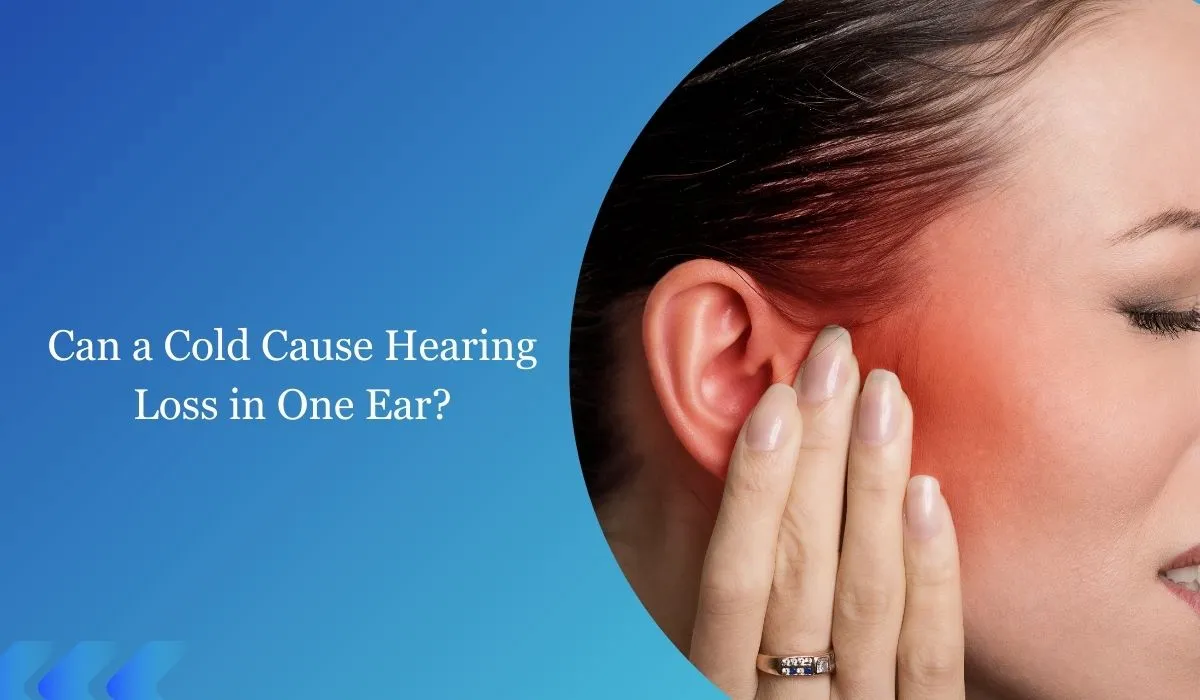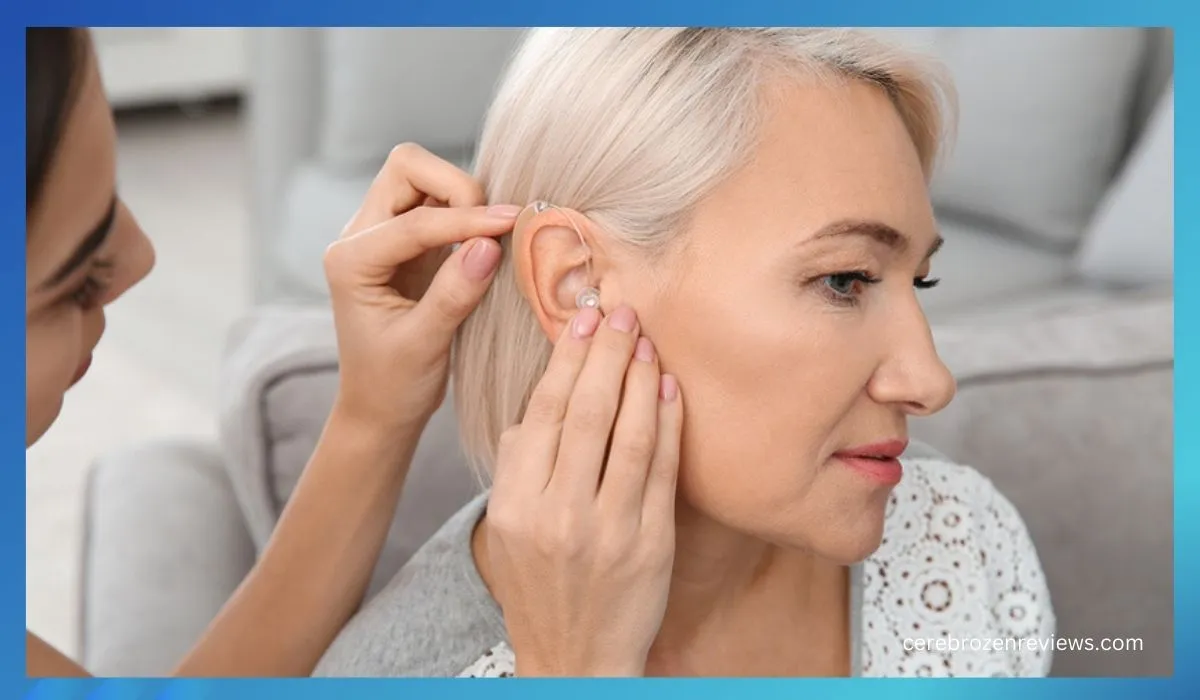Can a Cold Cause Hearing Loss In One Ear? Signs And Remedies
While temporary hearing loss or muffled hearing in one ear is sometimes experienced during a cold due to fluid buildup or sinus pressure, it’s uncommon for a cold virus alone to directly cause permanent hearing loss in one ear.

Disclaimer: Our recommendations are sincere, driven by the products’ benefits. When you buy through our links, we may earn a commission, backing our testing and development at no extra cost to you.
Catching a cold is never fun. You get a stuffy nose, sore throat, and maybe even a cough or fever. But what about hearing loss? Can a cold cause hearing loss in one ear? The answer is yes, it can. Let’s explore why this happens and what you can do about it.
How Colds Can Affect Your Ears?
When you have a cold, your body produces extra mucus. This mucus can build up in your nose, sinuses, and even in the Eustachian tubes. The Eustachian tubes connect your throat to your middle ears and help balance the pressure in your ears. If these tubes get blocked with mucus, it can lead to pressure changes that make your ears feel “plugged.” This is often why people with colds sometimes feel a sense of fullness in their ears.

When the Eustachian tubes are blocked, sound has a harder time getting through to your inner ear, causing temporary hearing loss. It’s like when you go up in an airplane and your ears “pop.” But in this case, they don’t always pop back right away.
According to the American Speech-Language-Hearing Association (ASHA), if the blockage doesn’t clear up, fluid can build up in the middle ear, potentially causing an ear infection. If an ear infection develops, you might experience more significant hearing loss, along with ear pain, fever, or dizziness.
What to Do If You Experience Hearing Loss
If you’re experiencing hearing loss due to a cold, here are some steps you can take to feel better:
- Stay Hydrated: Drinking lots of water helps thin the mucus, which might help clear the blockage.
- Use a Humidifier: Adding moisture to the air can help keep your nasal passages and Eustachian tubes from drying out.
- Try Decongestants or Antihistamines: These medications might help reduce the amount of mucus and open up your Eustachian tubes.
- Gently Blow Your Nose: This can help relieve pressure, but do it gently to avoid damaging your ears.
When to See a Doctor
If your hearing doesn’t improve after your cold symptoms have cleared up, or if you’re experiencing severe ear pain, dizziness, or high fever, it’s important to see a healthcare provider. They can check for signs of an ear infection or other issues that could be causing your hearing loss. The National Institute on Deafness and Other Communication Disorders (NIDCD) advises that sudden hearing loss, especially if it occurs in one ear, should be treated as a medical emergency.
So, can a cold cause hearing loss in one ear? In summary, while it’s not uncommon to experience temporary hearing loss in one ear due to a cold, it shouldn’t last too long. If it does, or if other symptoms develop, make sure to consult a healthcare professional. Your ears are important, and it’s best to take care of them.
References
- National Library of Medicine. (n.d.). Middle ear infection.
- CDC (n.d.). Types of Hearing Loss.
Randi Leigh Carter
Randi Leigh Carter is a licensed audiologist with over 15 years of experience in treating hearing health issues. She holds a Doctor of Audiology (Au.D.) degree from the University of Miami and is certified by the American Speech-Language-Hearing Association (ASHA). As the founder and director of Clarity Hearing Solutions, a leading audiology practice in South Florida, Dr. Carter specializes in the assessment, diagnosis, and treatment of a wide range of hearing disorders, from age-related hearing loss to tinnitus and auditory processing issues. She is passionate about helping her patients improve their quality of life through personalized hearing care. In addition to her clinical work, Dr. Carter is a respected researcher and speaker. She has published numerous articles in peer-reviewed journals on topics such as the impact of hearing loss on cognitive function and the use of advanced hearing technologies. She is also a frequent presenter at national and international audiology conferences, sharing her expertise and insights with her colleagues. Beyond her professional achievements, Dr. Carter is deeply committed to community outreach and education. She volunteers with local organizations to provide free hearing screenings and hearing aid assistance to underserved populations. She also serves on the board of directors for the Florida Academy of Audiology, where she works to advance the field and advocate for better hearing healthcare policies.
